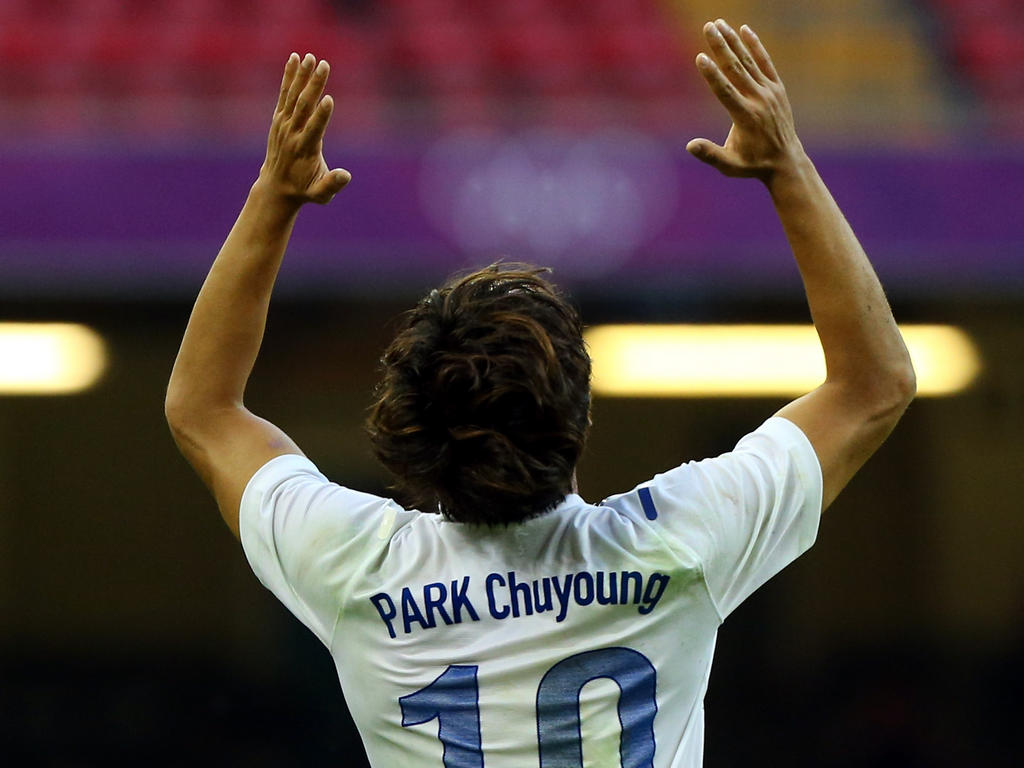Young athletes demand action on Rio stadium ruin

Young athletes gathered Thursday in 2016 Olympics host city Rio to demand action to save part of the city's sporting history -- the Celio de Barros athletics track.
The venue, part of the famed Maracana stadium complex, closed a year ago, since when it has been under the threat of demolition, its track ripped up.
Its current sorry state has fueled angry protests from athletes frustrated that central Rio no longer offers them proper training facilities.
Whereas the Maracana football stadium has been given a $450 million refit which will enable it to stage the World Cup final after its sale to a private consortium, the athletics venue lies empty and forlorn.
The 9,000-capacity venue has a proud, if relatively short history, having hosted the 1996 Brazilian Grand Prix.
On that occasion, the likes of Ukrainian pole vault legend Sergei Bubka and US sprint champion Michael Johnson competed there just ahead of the Atlanta Games.
"It is ironic that in two years we will have the first Olympic Games in South America -- but this stadium has gone to rack and ruin," said Edneida Freire, spokeswoman for Rio's Popular Committee for the (World) Cup and the Olympics.
"This stadium is part of our beautiful and historic heritage," Freire told AFP, demanding the stadium be reopened.
The Rio authorities initially planned to knock down the stadium and replace it with a shopping mall and carpark, but last year had to row back on the idea after an outcry.
The venue is now likely to serve as a temporary car park and space for fans to mingle during the World Cup before a long-term use for it is found.
"Here, only football which is important," sighed Freire's colleague Renato Cosentino.
"A shopping mall you can build anywhere, but how would that benefit local budding athletes? Here, only the construction companies benefit," grumbled Cosentino.
"Everyone used to train here, Rio doesn't have anywhere else," added Cosentino.
Two teenage students from Rio's Federal University, who gave their names as Nathan and Monique, told AFP: "We have nowhere to train; the government only cares about the World Cup".
Rio authorities estimate upgrading the Celio Barros facility would cost in the region of 10 million dollars.






![Jeux Olympiques [Femmes]](https://s.hs-data.com/bilder/wettbewerbe/50/299.gif)